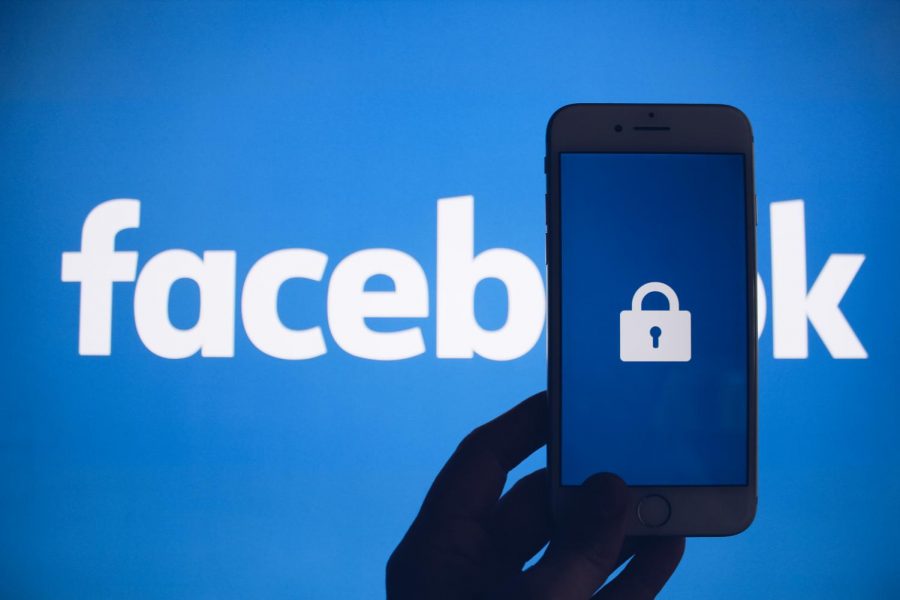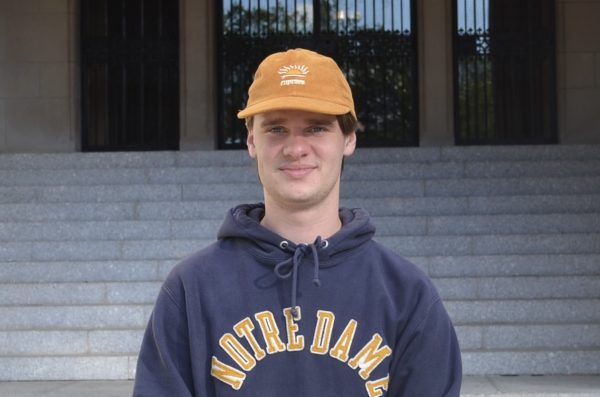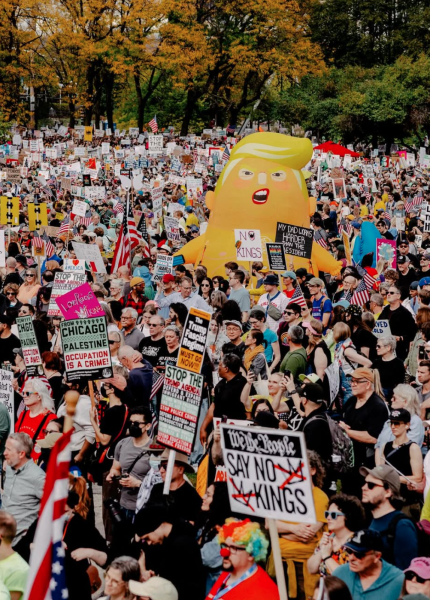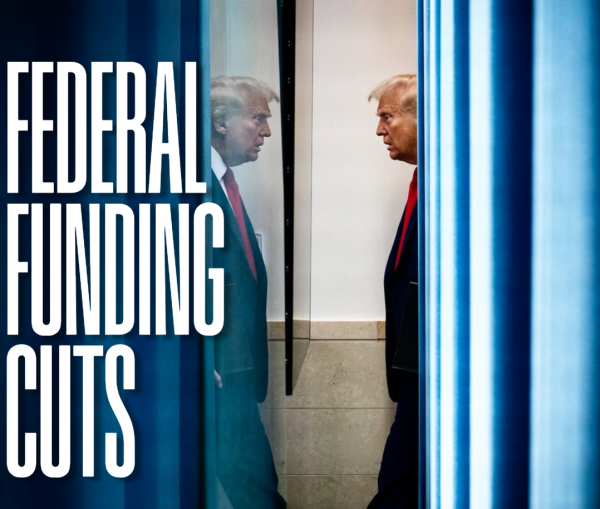Social Media Alters Election Etiquette
We are living in the age of the internet. It seems to have consumed and altered nearly every aspect of our lives, and the chaotic world of politics is no exception. The 2020 Democratic primaries have already proven to be a rather sensational event, beginning with such a large collection of candidates that two stages were required for the very first debates, with dramatic televised antics that closely resembled a reality show. It makes one wonder what this election season would have looked like just a few decades ago, without our iPhones constantly buzzing to alert us of the latest insensitive quote or guide us towards the plethora of articles painstakingly scribing each candidate’s speeches in detail. No word can go amiss, and no politician can get away with a slight slip of the tongue. Everything, nowadays, is forever; a sense that the permanency of the internet has allowed for us to fact-check every lackluster politician that has now been thrust into the limelight.
One of the most recent examples of this lies in a Facebook controversy relating to Mike Bloomberg, one of many Democratic candidates who seem to be dropping out of the race like flies. Bloomberg’s team had devised a new way of reaching America’s youth by paying popular pages on Instagram, which is owned by Facebook, to post memes promoting his campaign. A crafty and cunning approach on his team’s part, this move actually helped to reveal a systemic flaw in Facebook’s policies. Facebook would not categorize these promotional posts as political advertisements, which differed from their rules requiring that sponsored posts by politicians be added to a specific advertisement library. This original policy attempted to help the public feel more “in the know” and secure about the propaganda being splashed across their feeds since at least they would know whether or not a post was sponsored by a politician. BBC News describes this policy as being created to “offer more transparency” to the public.
However, Bloomberg’s recent political move is quite savvy in being able to avoid this technological barrier. Since the memes Bloomberg had requested would be generated by the Instagram influencers themselves and not by Bloomberg’s team, they would not be included in Facebook’s political advertisement library. This is because the memes were technically in the words of the individual influencers themselves, and Facebook only restricts ads that are created by a politician’s team. This loophole is not only crafty and cunning in its nature but extremely dangerous. Although on the exterior it may seem to be protecting the free speech of Instagram influencers, it is actually contributing to the flood of hidden political propaganda populating our phones today.
The internet has become an extremely powerful tool for politicians, and if this new development in Facebook’s policies continues, it will allow for a sort of brainwashing to take place. The American people deserve to know when they are being fed political slogans and campaigns, regardless of how diluted the chain of sources has become. Besides, since when did Facebook and Instagram become a place for politics? Wasn’t social media designed with the intention of increasing our social time? Instead, both platforms, especially Facebook, have morphed into a place for political tensions to rise, with bold claims of varying political parties being shared without having any sources checked. The range of arguments that exist on Facebook is troublesome, and the amount of blind faith bequeathed onto all of these arguments is a big part of the problem when it comes to the deterioration of the public’s trust in news sources.
For example, if I take out my phone and log into Facebook, here are some of the articles I will find: coronavirus is a big threat, coronavirus is nothing to worry about, Trump is a racist, Trump is not a racist, climate change is real, climate change is not real and my personal favorite: arguments over whether or not the Earth is flat. The list goes on. It is absolutely bizarre that equivalent amounts of credit are given to all of these sources when I am confident in my ability to claim that you cannot find one Facebook user who would agree with every one of those arguments. By spreading these insufficient sources and treating Facebook like news, the distinction between traditional media and social media becomes increasingly blurred. This, unfortunately, leads to widespread panic and outrage, contributing to the divisive nature of politics today.
The internet has helped the American public in many ways, and its ability for self-education on current events is undeniable. However, the detriments it has caused far outweigh the few reliable sources that may remain. Hopefully, the American people can learn to put more trust into legitimate sources of information instead of aligning so strongly with faulty social media blurbs that make outrageous claims simply to up their amount of daily clicks. Trust me: your information is worth more than just a click.
Taylor Herzlich, GSB ’23, is a business administration major from Mt. Sinai, N.Y.

Taylor Herzlich is a senior at Fordham College at Rose Hill. She is majoring in journalism with a minor in English. Taylor started writing for the Ram...








































































































































































































